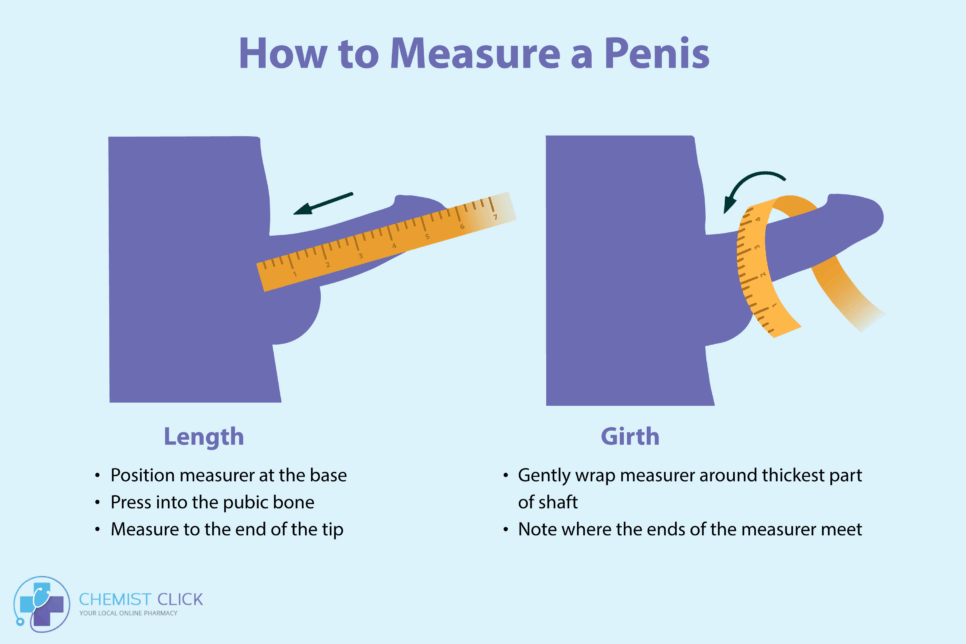Many people try different methods and products to increase penis size, though these strategies often lack scientific validation and can be harmful.
Common approaches believed to enhance penis size include:
Penis Enlargement Surgery
The outcomes and safety of these surgeries are dubious, with mixed reviews on patient satisfaction. Procedures like penoplasty might somewhat increase the flaccid size or girth, but they do not affect the erect length of the penis. The high risks involved are highlighted by potential complications such as scarring, infection, and loss of function.
Penis Pumps
These devices, primarily used for managing erectile dysfunction, create vacuum pressure to temporarily enlarge the penis by drawing blood into it. The enlargement is not lasting, however, and extended use may harm the penis’s elastic tissue, affecting the quality of erections.
Supplements and Pills
Often made with minerals, vitamins, or hormones such as testosterone, these products have not been scientifically proven effective. Some research even indicates harmful effects from long-term use.
Exercises
Methods like jelqing involve manually forcing blood from the base to the tip of the penis to try to extend its size. Although potentially safer than other methods, there is no confirmed effectiveness, and incorrect execution can lead to scarring, disfigurement, and pain.
Penile Traction Devices
Initially designed to treat Peyronie’s disease, which causes curvature and functional problems due to scar tissue, these devices stretch the penis using constant tension. Research shows a slight increase in length after three months of use in patients with Peyronie’s disease, but their effectiveness for others is less studied.
Overall, while numerous products and techniques claim to increase penile length, they are not well-supported by rigorous scientific evidence and pose significant risks.
Lose Weight
Carrying excess weight around the midsection can cause the stomach to protrude over the genital area, leading to the illusion of a smaller penis or what is sometimes referred to as a buried penis. Slimming down can help reveal the actual length of your penis, as losing fat around the pubic bone makes it more visible.
Groom Your Pubic Hair
Just as shedding extra pounds can affect the perceived size of the penis, so can grooming your pubic hair. Trimming or shaving the hair around the base of your penis exposes more of its length, enhancing the visual perception of its size.





